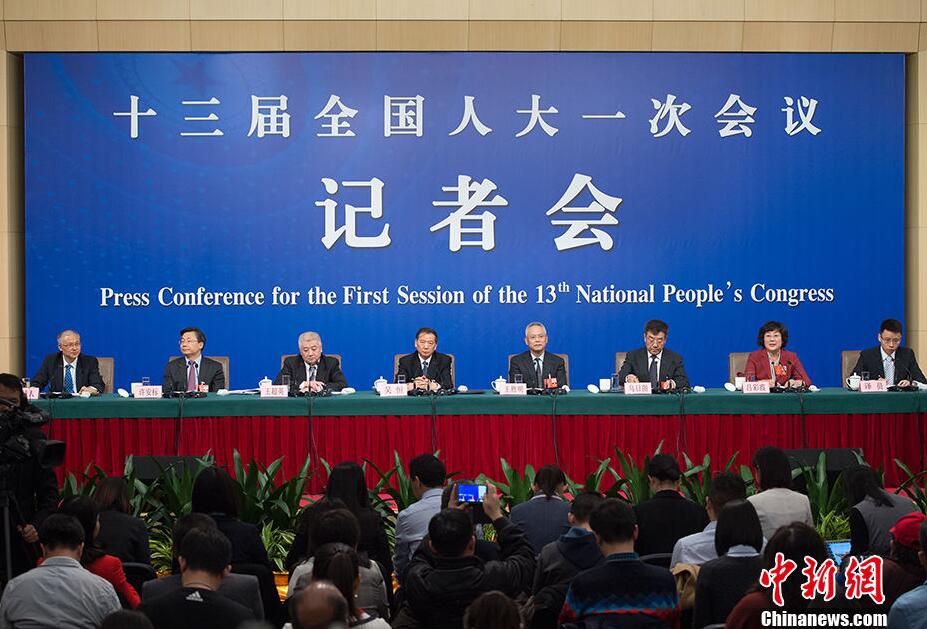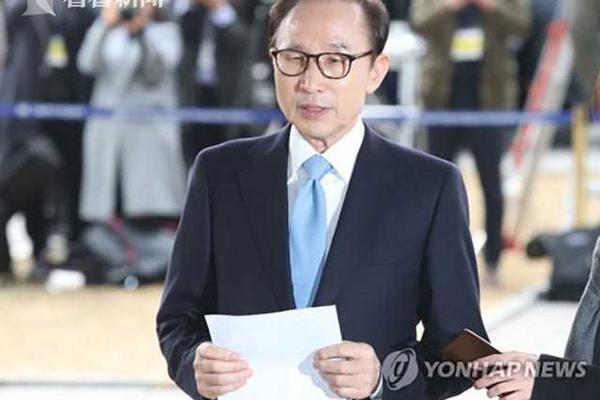
1. The five major functions of the operating system include: process and processor management, operation management, storage management, equipment management and file management.
2. A [Analysis] As the manager of the resources of the computer system, the main function of the operating system is to manage and schedule all the software and hardware resources of the system reasonably and improve the overall performance of the computer system.
3. Operating System (abbreviation: OS) is a group of interrelated system software programs that supervise and control computer operation, use and run hardware, software resources and provide public services to organize user interaction.
4. The main function of the operating system: process management. Resident programs and applications run on the basis of the process.When the computer adopts the von Neumann structure, each CPU can only run one process at a time.
5. The operating system has five functions: processor management: mainly controls and manages the work of the CPU. Storage management: mainly allocate and manage memory. Device management: mainly manage basic input and output devices. File management: responsible for the organization, storage, operation and protection of computer files.
6. The operating system has five functions: processor management: mainly controls and manages the work of the CPU. Storage management: mainly carry out memory allocation and management device management: mainly manage basic input and output device file management: responsible for the organization, storage, operation and protection of computer files, etc.

1. The storage management function of the operating system is to manage memory resources. It mainly realizes memory allocation and recovery, storage protection and memory expansion. The device management of the device management operating system is responsible for allocating and recycling external devices, and controlling external devices to operate according to the requirements of user programs.
2. The functions of the computer operating system include: processor management, memory management, device management, file management, job management and other functional modules. Processor management. The most basic function of processor management is to handle interrupt events. The processor can only detect interrupt events and generate interrupts and cannot process them.
3. The five major functions of the operating system are processor management, memory management, device management, file management and job management. Processor management The most basic function of processor management is to process interrupt events. After configuring the operating system, various events can be processed.
1. The main functions of the computer operating systemIt is process management. Its work is mainly process scheduling. In the case of a single user and a single task, the processor is only exclusive to one user's task. The work of process management is very simple.
2. The five major functions of the operating system are processor management, memory management, device management, file management and job management. Processor management The most basic function of processor management is to process interrupt events. After configuring the operating system, various events can be processed.
3. The role and basic functions of the operating system: the basic functions of the operating system include task management, interface management, human-computer interaction, graphical interface, voice control and virtual reality, etc.; file management; storage management, which is essentially the management of storage "space", mainly refers to the management of the main memory. Reason.
4. The basic functions of the operating system include process management, memory management, file system, network communication, security mechanism, user interface and driver. The operating system is the interface between the user and the computer, and also the interface between computer hardware and other software.
5. The five functions of the operating system are processor management, memory management, device management, file management and job management. Processor management The most basic function of processor management is to handle interrupt events. After configuring the operating system, various events can be processed.
6. The operating system has five functions: processor management: mainly controls and manages the work of the CPU. Storage management: mainly allocate and manage memory. Device management: mainly manage basic input and output devices. File management: responsible for the organization, storage, operation and protection of computer files.
OKX Wallet app download for Android-APP, download it now, new users will receive a novice gift pack.
1. The five major functions of the operating system include: process and processor management, operation management, storage management, equipment management and file management.
2. A [Analysis] As the manager of the resources of the computer system, the main function of the operating system is to manage and schedule all the software and hardware resources of the system reasonably and improve the overall performance of the computer system.
3. Operating System (abbreviation: OS) is a group of interrelated system software programs that supervise and control computer operation, use and run hardware, software resources and provide public services to organize user interaction.
4. The main function of the operating system: process management. Resident programs and applications run on the basis of the process.When the computer adopts the von Neumann structure, each CPU can only run one process at a time.
5. The operating system has five functions: processor management: mainly controls and manages the work of the CPU. Storage management: mainly allocate and manage memory. Device management: mainly manage basic input and output devices. File management: responsible for the organization, storage, operation and protection of computer files.
6. The operating system has five functions: processor management: mainly controls and manages the work of the CPU. Storage management: mainly carry out memory allocation and management device management: mainly manage basic input and output device file management: responsible for the organization, storage, operation and protection of computer files, etc.

1. The storage management function of the operating system is to manage memory resources. It mainly realizes memory allocation and recovery, storage protection and memory expansion. The device management of the device management operating system is responsible for allocating and recycling external devices, and controlling external devices to operate according to the requirements of user programs.
2. The functions of the computer operating system include: processor management, memory management, device management, file management, job management and other functional modules. Processor management. The most basic function of processor management is to handle interrupt events. The processor can only detect interrupt events and generate interrupts and cannot process them.
3. The five major functions of the operating system are processor management, memory management, device management, file management and job management. Processor management The most basic function of processor management is to process interrupt events. After configuring the operating system, various events can be processed.
1. The main functions of the computer operating systemIt is process management. Its work is mainly process scheduling. In the case of a single user and a single task, the processor is only exclusive to one user's task. The work of process management is very simple.
2. The five major functions of the operating system are processor management, memory management, device management, file management and job management. Processor management The most basic function of processor management is to process interrupt events. After configuring the operating system, various events can be processed.
3. The role and basic functions of the operating system: the basic functions of the operating system include task management, interface management, human-computer interaction, graphical interface, voice control and virtual reality, etc.; file management; storage management, which is essentially the management of storage "space", mainly refers to the management of the main memory. Reason.
4. The basic functions of the operating system include process management, memory management, file system, network communication, security mechanism, user interface and driver. The operating system is the interface between the user and the computer, and also the interface between computer hardware and other software.
5. The five functions of the operating system are processor management, memory management, device management, file management and job management. Processor management The most basic function of processor management is to handle interrupt events. After configuring the operating system, various events can be processed.
6. The operating system has five functions: processor management: mainly controls and manages the work of the CPU. Storage management: mainly allocate and manage memory. Device management: mainly manage basic input and output devices. File management: responsible for the organization, storage, operation and protection of computer files.
 Binance exchange
Binance exchange
795.83MB
Check OKX Wallet app download for Android
OKX Wallet app download for Android
392.79MB
Check Binance Download for PC Windows 10
Binance Download for PC Windows 10
815.87MB
Check Binance app download Play Store
Binance app download Play Store
862.36MB
Check OKX review
OKX review
292.87MB
Check Binance download
Binance download
563.74MB
Check okx.com login
okx.com login
546.58MB
Check Binance app
Binance app
424.96MB
Check OKX Wallet app
OKX Wallet app
485.59MB
Check okx.com login
okx.com login
551.76MB
Check Binance wallet
Binance wallet
486.94MB
Check OKX Wallet to exchange
OKX Wallet to exchange
517.33MB
Check okx.com login
okx.com login
442.73MB
Check Binance download APK
Binance download APK
356.56MB
Check Binance login
Binance login
422.96MB
Check OKX Wallet
OKX Wallet
398.78MB
Check Binance Download for PC Windows 10
Binance Download for PC Windows 10
933.13MB
Check Okx app download
Okx app download
895.56MB
Check Binance app
Binance app
334.11MB
Check okx.com login
okx.com login
311.15MB
Check Binance download APK
Binance download APK
789.61MB
Check Binance app
Binance app
642.56MB
Check Binance app download Play Store
Binance app download Play Store
962.93MB
Check Binance APK
Binance APK
157.12MB
Check Binance US
Binance US
921.63MB
Check Binance APK
Binance APK
223.65MB
Check OKX Wallet login
OKX Wallet login
855.69MB
Check OKX Wallet extension
OKX Wallet extension
683.33MB
Check Binance market
Binance market
812.32MB
Check OKX Wallet
OKX Wallet
539.48MB
Check OKX Wallet app
OKX Wallet app
464.24MB
Check Binance Download for PC
Binance Download for PC
776.29MB
Check Binance login
Binance login
574.89MB
Check OKX Wallet app download for Android
OKX Wallet app download for Android
615.12MB
Check Binance wikipedia
Binance wikipedia
544.92MB
Check OKX Wallet extension
OKX Wallet extension
548.84MB
Check
Scan to install
OKX Wallet app download for Android to discover more
Netizen comments More
1645 寸进尺退网
2025-01-23 04:26 recommend
229 背山起楼网
2025-01-23 04:17 recommend
2047 杏花春雨网
2025-01-23 03:27 recommend
1664 感恩戴德网
2025-01-23 02:55 recommend
1976 翘首以待网
2025-01-23 02:49 recommend